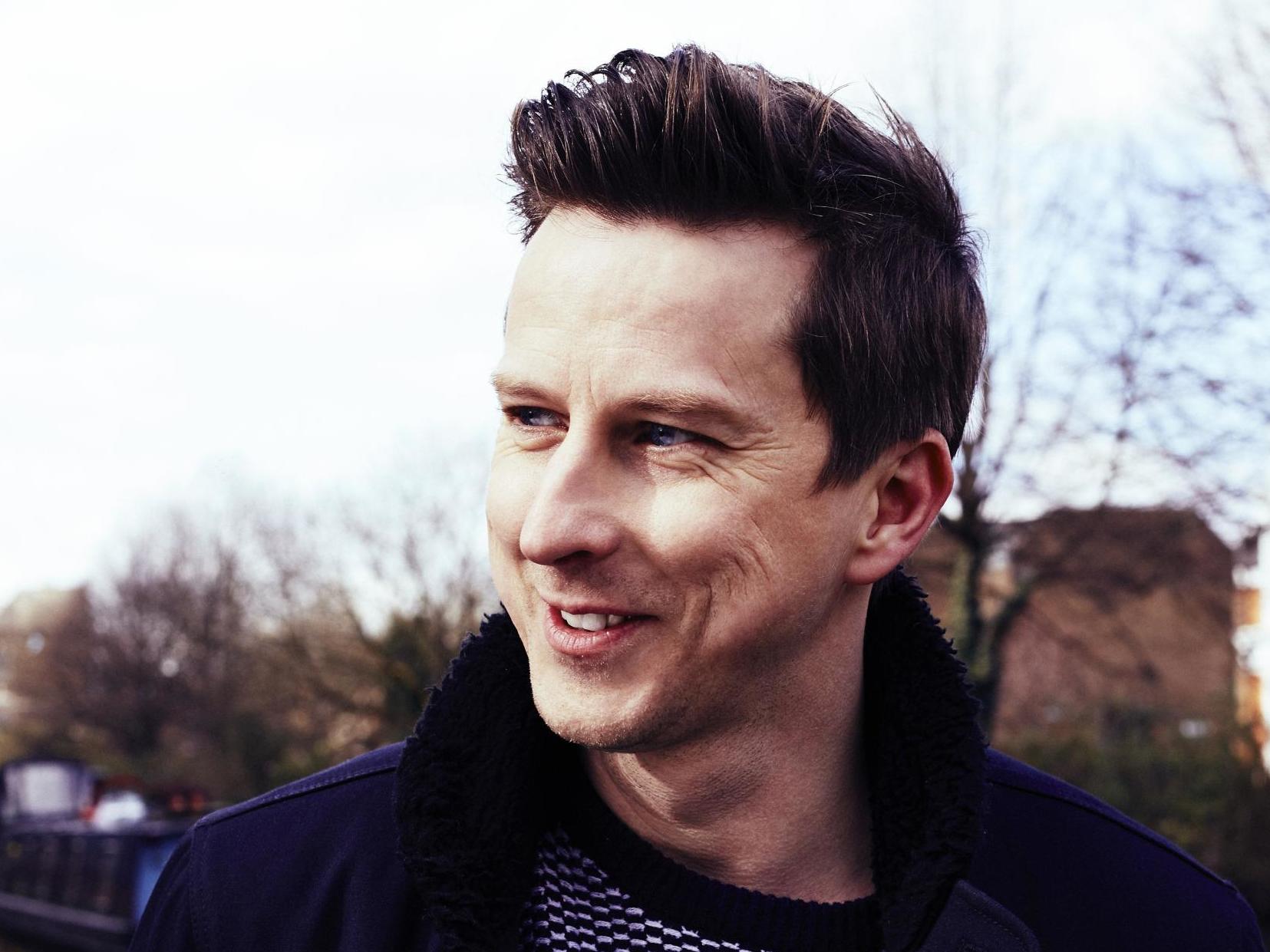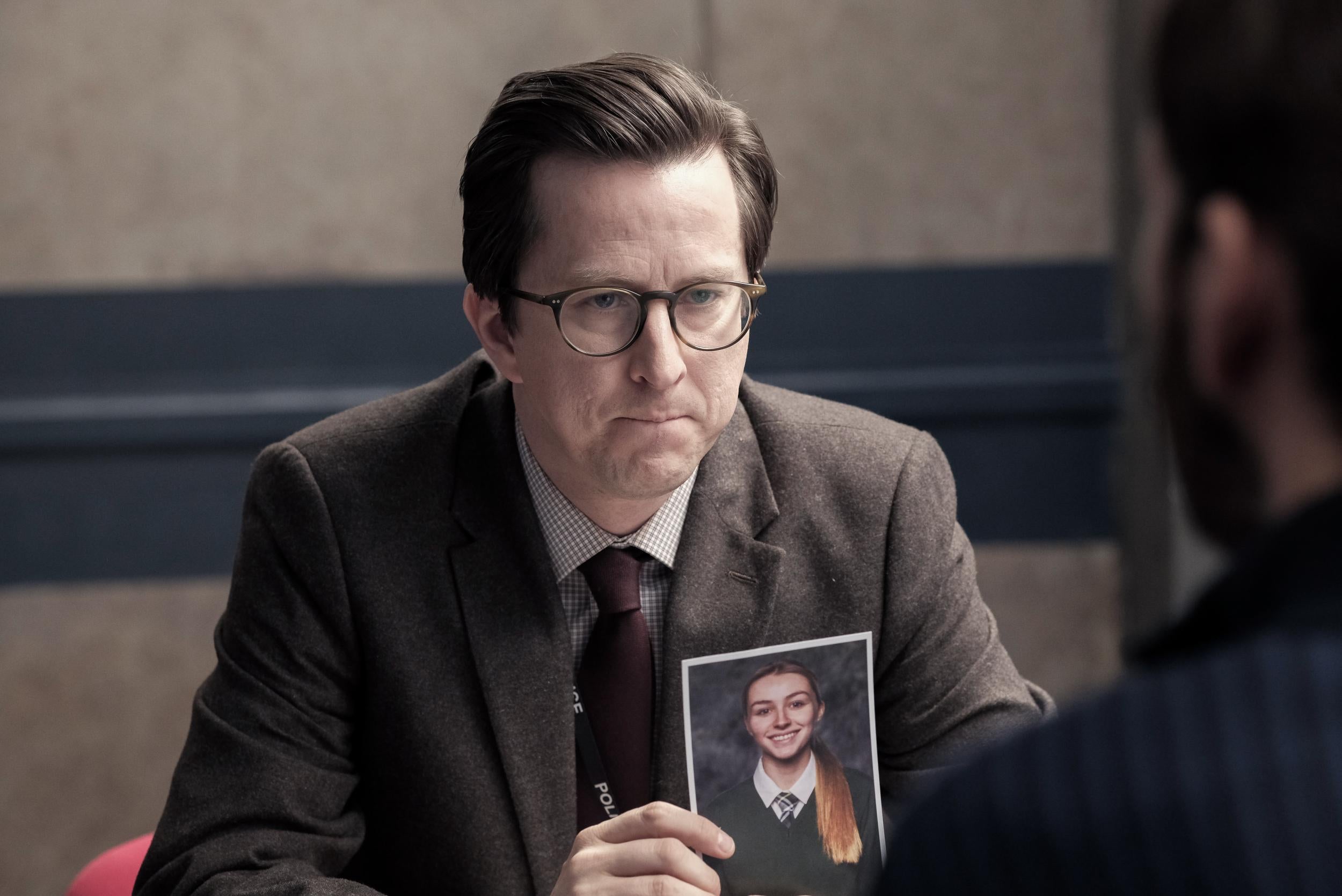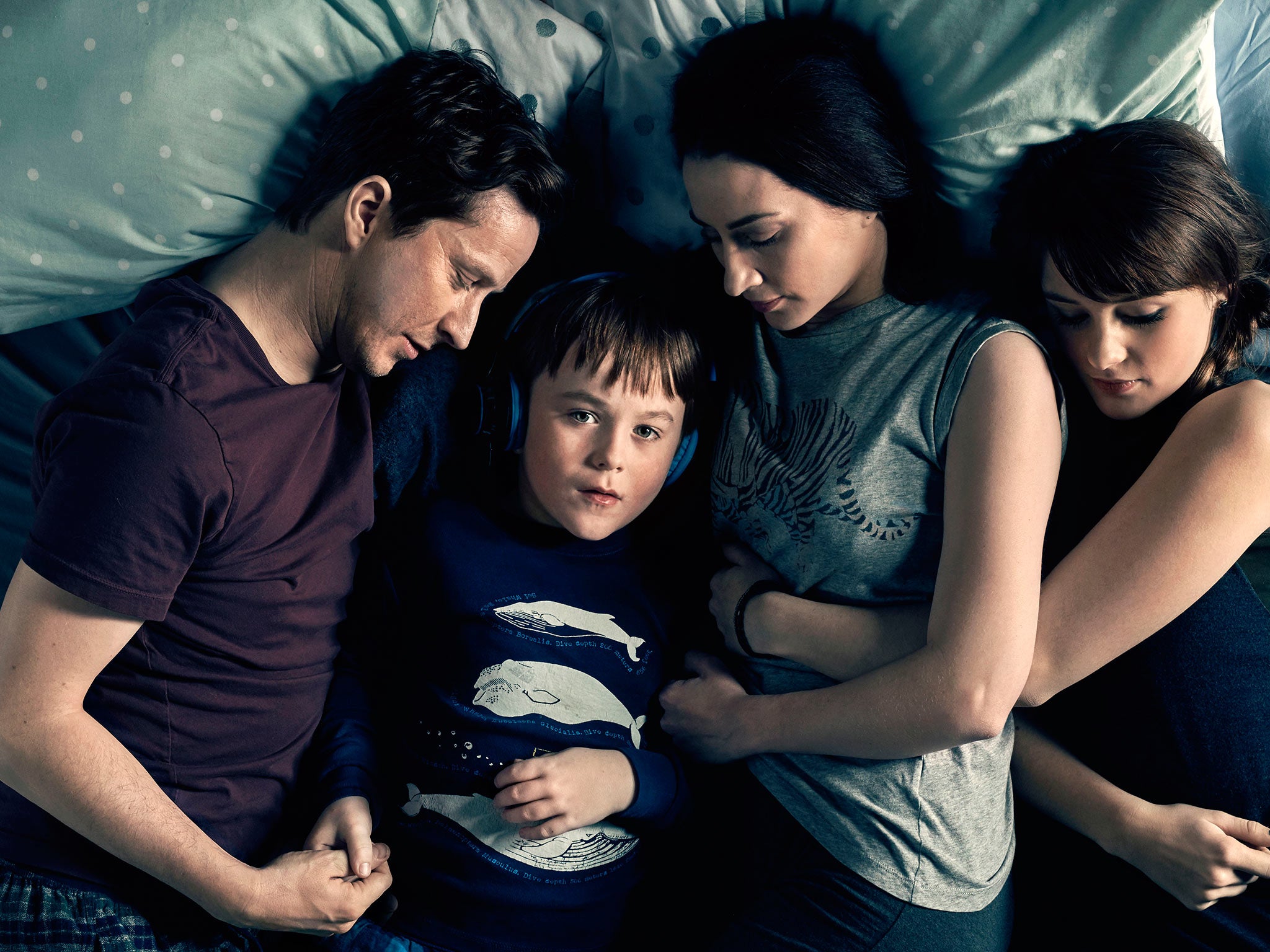Lee Ingleby: ‘Being a square-jawed hunk can get you a lot further in the TV industry’
The actor tells Ellie Harrison about the shallow nature of TV and film, the lack of access for working class actors and his new Netflix drama ‘Criminal’


Lee Ingleby is perhaps best known for playing the only character in Line of Duty to acknowledge that his wife’s arm was quite literally rotting off. “That thing on your wrist is starting to stink,” he told Thandie Newton’s Roz Huntley. Charming – though, to be fair, she did later attempt to frame him for a murder she committed.
Ingleby, 43, has played the everyman in dozens of British dramas. He is prolific in the role, from starring as the father of an autistic child in The A Word, to his part as a downbeat copper in Inspector George Gently and the aforementioned stint as a corporate solicitor in Line of Duty.
“The characters I tend to have empathy with are the ones that are everyman,” says Ingleby. “You can identify with them because you know them, they’re just people in the street rather than the James Bonds, the unreachable people you aspire to be, the glossies, the photoshopped. That’s just me. And that’s how I became a character actor. I’m the friend rather than the lead.”
Many of his characters are morally ambiguous and sly, with narrowed eyes and a conspiratorial smile, but the man I meet is softly spoken and thoughtful, and has a bone to pick with the industry’s vanity problem and the lack of grants for aspiring working-class actors.
Ingleby’s next role is in Netflix’s ambitious new crime drama Criminal, a series comprising 12 different stories set across four countries – and filmed in four languages. The UK, France, Germany and Spain have three episodes each, all set in the very same police interrogation room, with the primary British cast led by Ingleby, Katherine Kelly and Rochenda Sandall and featuring guest appearances from David Tennant and Hayley Atwell.
The actor says filming in a single room was a claustrophobic experience. “It would take about a week to film each episode,” he explains. “By the end of it you do feel like you’ve sat through a real interrogation.”
Given the show’s restricted setting and its complete lack of any flashbacks or scenes filmed outside of the police station, it was an unusual script to receive, admits Ingleby. “It’s one of those where you think, ‘God, is this going to hold? Are people going to be able to sit and be hooked?’” And yet the result is an intelligent, gripping dive into what it feels like being inside those four walls, for both the suspects and the detectives.
“It’s just got all this lovely clever dialogue,” says Ingleby, “and there’s no escaping from it, you can’t mix it in with a chase sequence.”
The show is already being compared to Line of Duty, not only for its concept but also for its cast overlap – both Ingleby and Sandall have starred in Jed Mercurio’s BBC1 hit which is famous for its taut, 20-minute-plus interrogation scenes. Ingleby’s character was even subjected to one.

Recalling his time on the cast of Line of Duty, Ingleby says: “I felt a bit of pressure, like, I don’t want to be the one unbelievable character in this.” He describes Mercurio, who was on set a lot, offering guidance to the cast about the intricacies of the labyrinthine plot, as a “nice fella”.
Mercurio has made headlines over the years for his Twitter tirades against journalists writing about his shows. “Yet another unbalanced, inaccurate piece slagging off the research on Bodyguard,” he wrote in response to an article in The Guardian. He also called a Spectator journalist a “prick” and a Sun corresponded a “c***”. The latter tweet has since been deleted.
When I point this out to Ingleby, he looks vaguely amused. “The thing is,” he says, “if you’re writing anything it becomes very precious to you. I can imagine for him it’s a bit... you know. So for someone to come along and say, ‘It’s a bag of s***,’ he’s going to defend it. A lot of blood, sweat and tears goes into it and if somebody just pooh-poohs it…” he trails off, wincing.
Ingleby is no stranger to being on the receiving end of criticism, having had the “piss taken out of” him at his state school in Lancashire, where he lived in an end-of-terrace house, the youngest of three children to a mother who worked as an auxiliary nurse and an engineer father. “I was super spotty right up until my early twenties,” he says. “You know what it’s like as a teen, they’re the most important years and you’re trying to find your identity. It just crushes your confidence, anything like acne.
“And I started wearing specs at 14 and just had the piss taken out of me. It’s ridiculous now when you look back on it, but at the time it’s your entire world. I wasn’t sporty either and I was from a place where football’s huge. If you weren’t into it, you were a bit of a loser.”
He was into amateur dramatics as a youngster and says that when he discovered his love of acting it gave him a confidence boost, helping him to feel like he fitted in somewhere. “But I kept it to myself as well,” he says. “Just because I thought people might think I was a bit s***.”
If the acting world was brutal then, it’s not much better now. We’re living in an era when beauty standards are impossibly high. A casting call for a Milka advert recently sparked outrage for seeking an “angelic” 11-year-old girl who “must not have reached puberty”. The breakdown also stated: “no red hair” and “no overweight children”.
On whether a person’s appearance can hold them back in an industry which has often been exposed to be supremely vain, Ingleby’s response is frank. “It can, or it can propel you sometimes,” he says, “but being a certain type of square-jawed, lovely hunk can get you a lot further.
“I’ve seen descriptions of different characters and been surprised by how many of them were like, ‘She’s pretty but she doesn’t know it.’ Sometimes it’s not until it’s pointed out that you see how shallow and superficial castings can be.”
Is pressure on appearances in the industry something that affects women more than men?
“Probably. Sometimes when it is pointed out you realise, ‘Oh god, yeah’, the descriptions of the characters always tend to be the older man and the much younger woman. It doesn’t matter what the guy looks like, but the women have to be, well, what they want is perfection, I suppose. It does happen the other way as well, it’s a political hot potato.”

It took going to drama school for Ingleby to gain real self-confidence. He trained at London Academy of Music and Dramatic Art thanks to a grant from Lancashire County Council, after his drama teacher urged him to apply. “I was lucky to get a grant when they still existed,” says Ingleby, “and then two years later the council didn’t give out any. Without it, I couldn’t have gone.”
On whether the TV and film industry has a problem in terms of not casting enough regional, working class actors, Ingleby – who started out when the vivid, characterful work of Paul Abbott and the gritty realism and passion of Jimmy McGovern was popular – believes there is an issue of access as opposed to favouritism.
“It’s a funny one,” he says, “because when that came up about posh people getting all the roles, I wasn’t sure that was true outside of a specific genre. It was more to do with being able to go to drama school, to train. If you are from a modest income background, it’s hard to go to these places – they have such high fees.
“It’s not that you’ve got to be posh in order to work, it’s the accessibility.”
Ingleby smiles conspiratorially, bearing an uncanny resemblance to the everyman characters he has played. “It’s just about getting a foot in the door.”
Criminal is out now on Netflix
Join our commenting forum
Join thought-provoking conversations, follow other Independent readers and see their replies
Comments
Bookmark popover
Removed from bookmarks